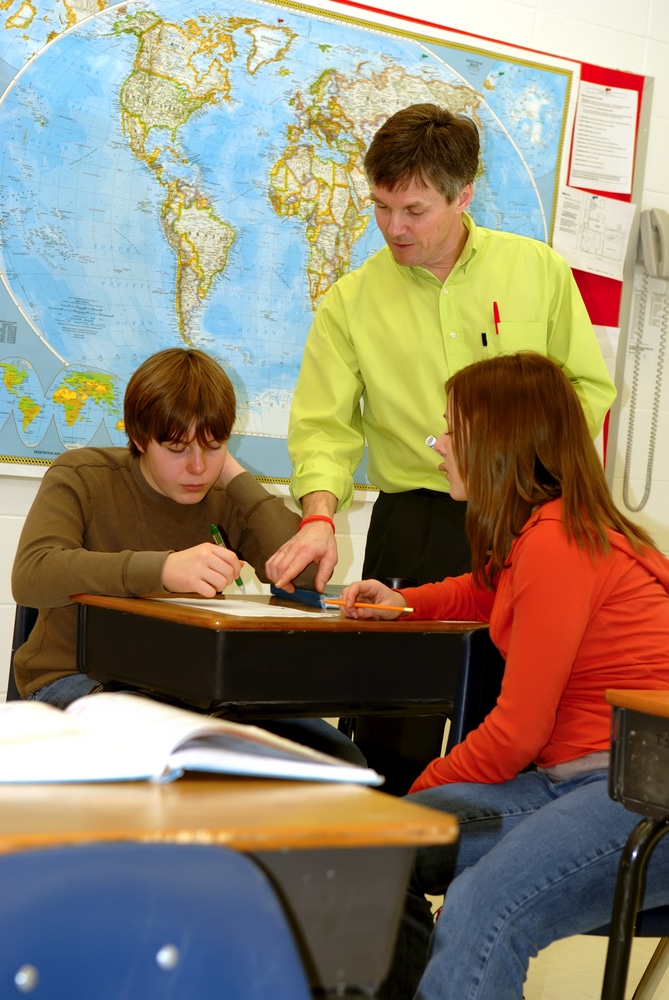Role-modeling appropriate behavior is a vital and necessary component of an effective approach to behavior management.
 Who we are, what we think, and what we believe is revealed through our words and behavior. If we buy into the adage “Boys will be boys,” our words and behavior will reflect it. If we have prejudices, they will be apparent.
Who we are, what we think, and what we believe is revealed through our words and behavior. If we buy into the adage “Boys will be boys,” our words and behavior will reflect it. If we have prejudices, they will be apparent.
Young people are more likely to do what we do, rather than what we say, and therefore it is vitally important to be self-aware and change our attitudes, beliefs, and behaviors to reflect the image we want our youth to model.
For example, sometimes as teachers, parents, or adults in authority, we do not realize how we speak to children. Our tone of voice and choice of words, especially when disciplining, may be reinforcing negative patterns of behavior with children. This became glaringly obvious to me in my early years as a parent as I listened to my seven-year-old when she was angry with me. I often heard my words, my tone, and saw my facial expressions coming from her little body.
Another important part of being a positive role model for young people is showing them respect. Lack of respect from our youth is a common complaint heard from adults today. I am often astounded, however, by the lack of respect some adults show towards young people.
Youth are often treated as lesser beings. Children are ordered around without a “please” or a “thank you.” Because they are defenseless, they are often the scapegoats of misplaced anger. Their needs are often disregarded.
All of us may be guilty of disrespecting our children’s rights sometimes when we are tired, frustrated, or angry. It must be the exception, not the rule. When we do treat young people in a disrespectful way, the most empowering thing we can do for our children, and for ourselves, is to admit we made a mistake.
When we admit our errors to young people, we teach them that it is okay to make mistakes. Mistakes are for learning. We are modeling a willingness to be honest, to own our behavior, and to learn from it. This is a powerful example to set for our youth. We want the same behavior from them when they make a mistake. Should we expect less of ourselves?
Excerpted from Paraprofessionals and Teachers Working Together by Susan Gingras Fitzell.

